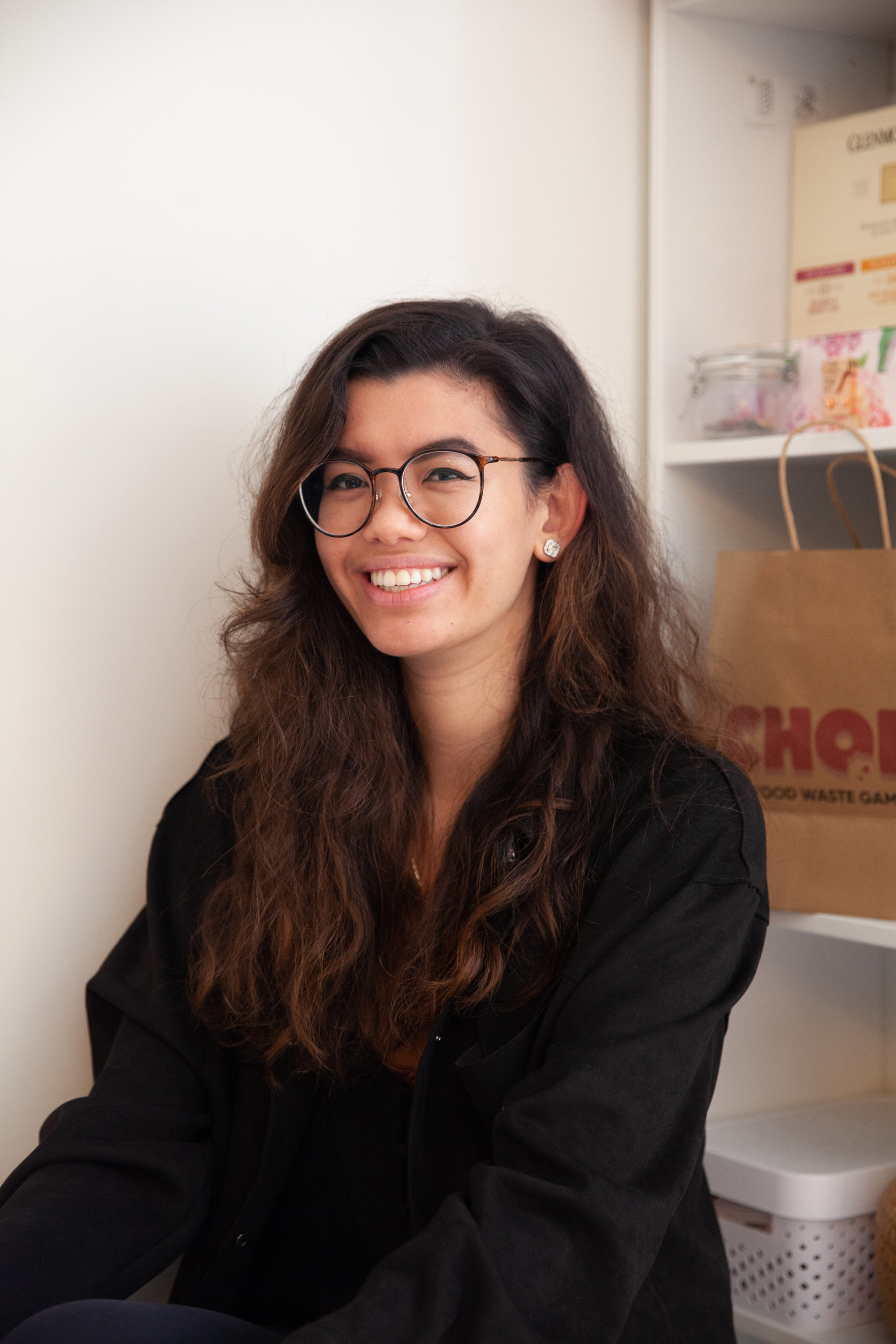
‘Follow your heart’: how the 2014 movie Chef with Jon Favreau influenced a Hong Kong food waste pioneer
- Carla Martinesi is co-founder and CEO of Chomp, which reduces waste by helping food and beverage businesses in Hong Kong sell leftover food
- She says Chef made her realise that working in hotels or restaurants before going on to do one’s own thing was a possible journey
Feel-good comedy-drama “Chef” (2014), directed by and starring Jon Favreau, tells the story of a chef who loses his job at a fine-dining restaurant and starts running his own food truck alongside his young son, mending his personal relationships in the process.
Carla Martinesi, the Swiss-born, Hong Kong-based co-founder and chief executive of Chomp, which reduces waste by helping food and beverage businesses sell leftover food, tells Richard Lord how it changed her life.
Chef came out when I graduated high school. I watched it at home, on television. My parents knew I loved cooking shows, so we were definitely going to watch it.
It was the movie that triggered the thought, “Quit your job and follow your heart.”

I wanted to be an artist – a painter or graphic designer. I didn’t know hospitality was an industry; I just thought it was a job people got in the summer.
The film came out in the spring, and I was applying to universities; I applied to Parsons and Central Saint Martins.
I said to my dad, “It would be so cool to be a professional chef, inventing recipes.” He said, “Have you thought about hospitality?”
At first I thought it was something to do with hospitals. He gave me a book about the subject, by Bill Marriott, from the hotel company. I didn’t even finish it; I read the first chapter and thought, “That’s what I want to do – serving people, making sure they’re happy, and being in places with people from a million different backgrounds.”
I applied to the first university I googled, EHL (Hospitality Business School, in Lausanne, Switzerland).
Chef was one of the first food movies where the imagery was so crisp and highlighted so much of the cooking process, as opposed to the final dish.
The origin of Chomp came from my love for food and never wanting to see it be wasted
Food movies usually either just focus on the hustle and bustle of the kitchen or they’re narrated and give instructions: this is how you cook fish. Chef zooms in on the food: it takes up the entire screen; you see nothing else – there’s no narrator or background noise.
It’s very methodical, slow and in the moment.
Food and I have been a long love story. Every job I’ve ever had was food related because I loved it so much.
My mum is Chinese, my dad Italian, both big food cultures, and all my memories are from the kitchen. We were always in there; it was such a big part of our lives.
The origin of Chomp came from my love for food and never wanting to see it be wasted. Growing up, my mum taught us that everything had cost money and we shouldn’t waste it.
When Covid happened, restaurants kept going out of business, and food was getting wasted. I saw a similar app (to Chomp) in the United States. I pitched it to 20 restaurants and got a very positive response.
In Hong Kong, people are such entrepreneurs. They will work in hotels and restaurants for a long time and then go and do their own thing. I didn’t know that was even a possible journey. Chef showed me that it was.
It’s still one of my all-time favourite movies: I watch it once a year, religiously.

